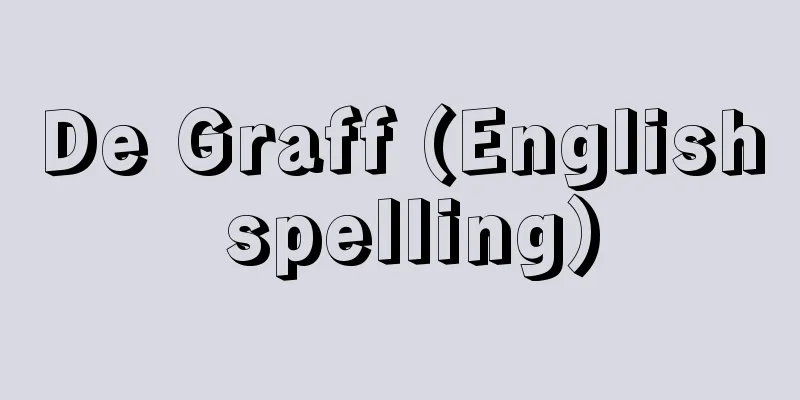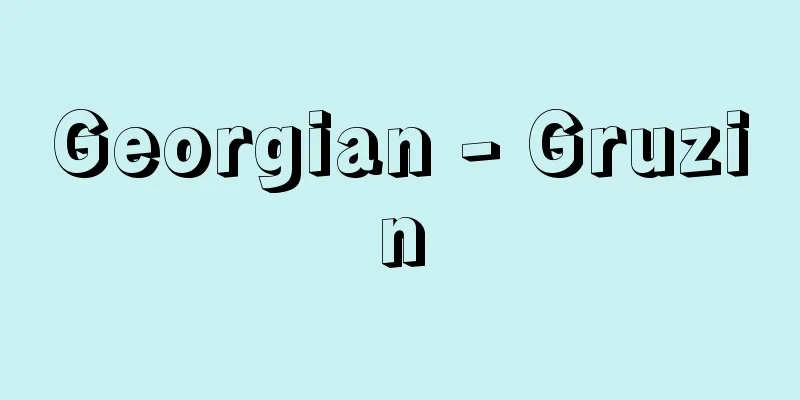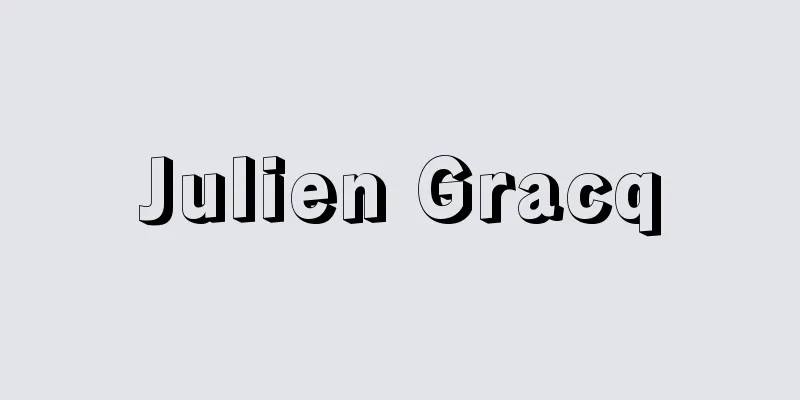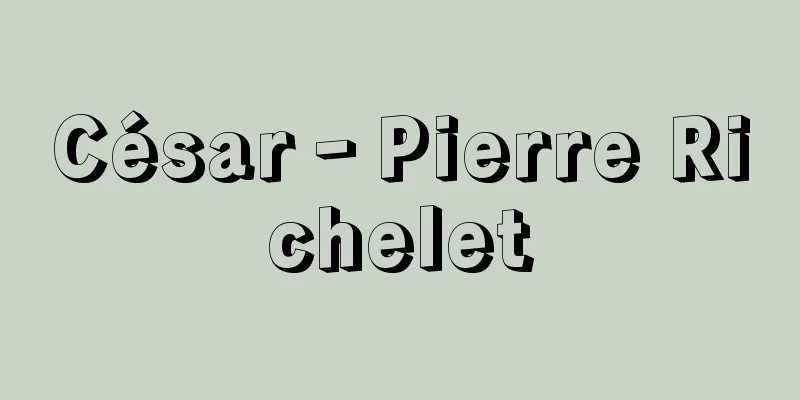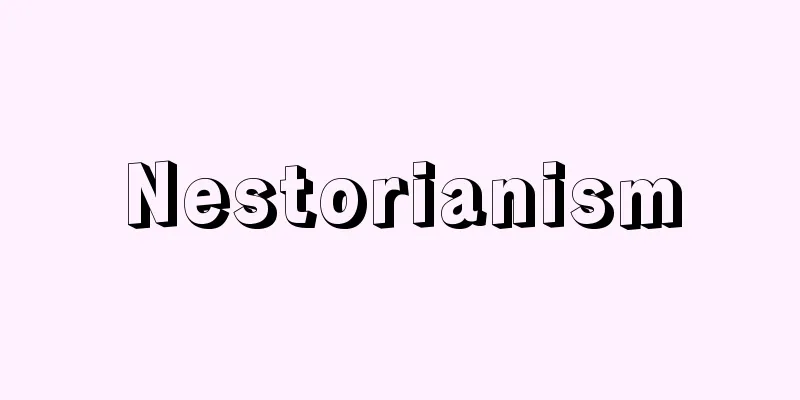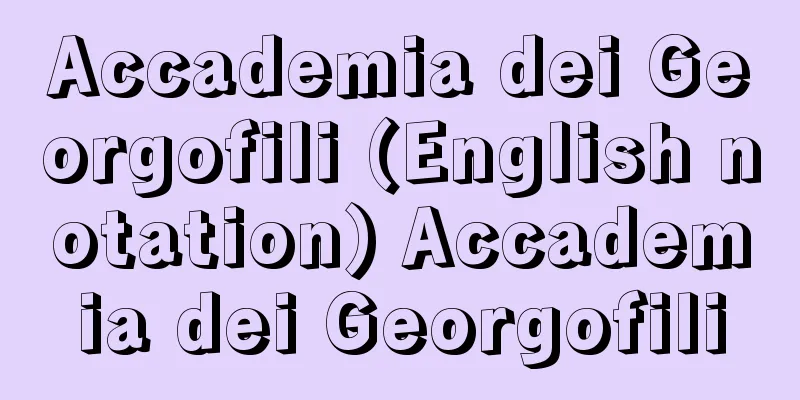Sergei Semyonovich Uvarov

|
1786‐1855 A Russian scholar of classical literature and politician. He served as president of the Imperial Academy of Sciences (1818-55). Meanwhile, as Minister of Education (1833-49), he promoted the reactionary policies of Tsar Nicholas I, such as strengthening supervision of universities. The three-pillared educational theory he advocated - Orthodoxy, autocracy, and national character - was considered the fundamental ideology of the government's educational policy, and was also used as a standard for ideological censorship. [Imai Yoshio] Source: Heibonsha World Encyclopedia, 2nd Edition Information |
|
1786‐1855 ロシアの古典古代文学研究者,政治家。帝室科学アカデミー総裁を務めた(1818‐55)。一方,文部大臣(1833‐49)として大学への監督強化などニコライ1世の反動的な政策を推進。彼が唱導した〈正教・専制・国民性〉という3本柱の教育理論は,政府の文教政策の基本思想とみなされ,思想検閲の規準としても活用された。【今井 義夫】 出典 株式会社平凡社世界大百科事典 第2版について 情報 |
Recommend
Arisaema negishii (English spelling) Arisaema negishii
… [Mitsuru Hotta]... *Some of the terminology exp...
Technological progress rate
...The table shows the results of Minami Ryoshin&...
Leisure industry - Leisure industry
A general term for industries that manufacture an...
Marktwert
…If the market price matches the production price...
Youth Protection and Development Ordinance - Seishounen Hogoikusei Jorei
Ordinances enacted by local governments (municipa...
Iioka [town] - Iioka
A former town in Kaijo County, located in the nort...
Card games
…(3) German and Austrian. Grün (leaf), Herz (hear...
Arnaud de Villeneuve
…Spanish alchemical philosopher. French name Arna...
Abū al-asan Kisā'ī (English spelling)
731‐806 A Quranic reciter and grammarian during th...
Xiphiidae
…General term for fishes belonging to the Istioph...
Silo - Sairo (English spelling) silo
A silo is a structure in which high-moisture feed...
Exile - Ruzai
Since ancient times, this was the second most seve...
Viscount
… [Europe] The nobility of ancient Rome did not h...
Ataxia - Athlete's condition
The term was used to describe a condition in which...
Urokuzu
…The word sakana has been used since the Middle A...

